Arizona man is shot at SIXTEEN times while driving home from Mexico on Christmas Eve after taking different route to avoid roadblock caused by migrant crisis that left him in at mercy of rival smuggling gangs
An Arizona man was shot 16 times as he crossed a section of the U.S.-Mexico border plagued by gang violence.
Craig Ricketts, 68, was on his way to Tempe to visit his son on Christmas Eve when he took a very cautious route outside Oquitoa, Sonora, and was attacked by a hail of bullets.
'The first thing I noticed was that my left window was broken. I saw a bullet hole through my windshield and my radio was blown out by a bullet,” Ricketts told KTVK.
Normally, Ricketts would have gone through the Lukeville port of entry, but that checkpoint was closed on Dec. 4 when U.S. Customs and Border Protection officers were reassigned to process asylum seekers.
The businessman said his “target objective” was to go through the Port of Nogales, but his GPS directed him to a route near the Sasabe Port of Entry, which is heavily contested by rival smuggling gangs.
Craig Ricketts, 68, was traveling from Mexico to Arizona when his car was peppered with bullets
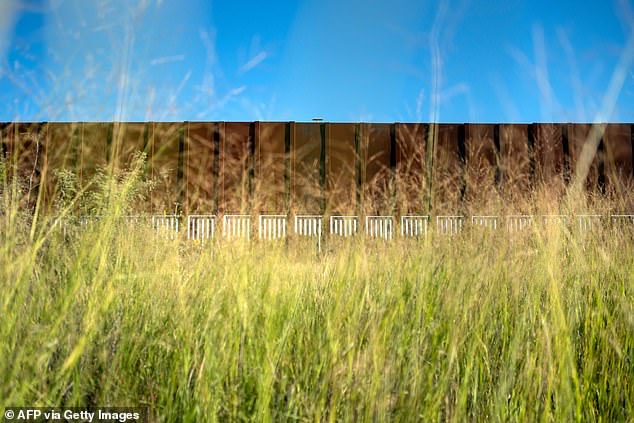
The sudden attack took place in the Mexican state of Sonora, in an area heavily contested by rival smuggling gangs (photo: US-Mexico border wall in Agua Prieta, Sonora)
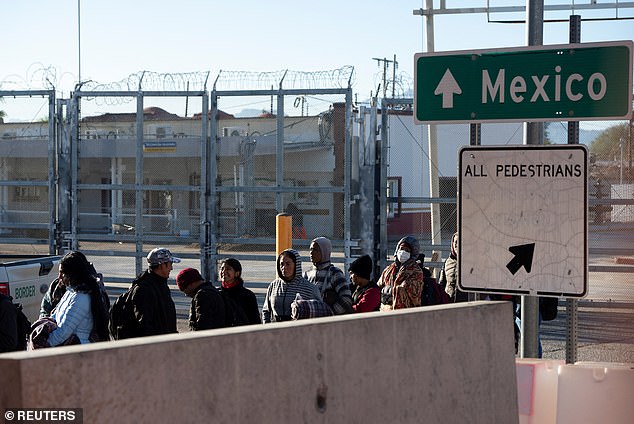
The port of entry in Lukeville (pictured) has been closed since early December and the US Consulate General has urged travelers to avoid certain parts of Sonora until the checkpoint reopens.
'We receive a notification if traffic is moving slowly or there is a risk of an accident. There's nothing to indicate you're in any danger,” Ricketts said.
Suddenly his car was peppered with bullets: almost twenty shots. Two bullets hit the 68-year-old, one of which shattered the bone in his ankle.
“I got hit once in the arm, which feels like a bicycle scrape when you're a kid, and the other was my left leg,” Ricketts said.
He was hospitalized in Tucson, where he was visited by his son Robert. The duo took a photo together while Ricketts lay in his hospital bed – a far cry from the reunion they expected.
Despite his injuries, the 68-year-old said he felt no hostility towards his attackers, putting the encounter down to a case of being in the wrong place at the wrong time.
“The bottom line is, they don't know who I am. They just wanted to secure their entry for human smuggling,” he said.
The businessman has been working south of the border for more than twenty years.
For the past seven years he has built a real estate project in Puerto Libertad. The community, known as Liberado, is billed as “Mexico's most exclusive development.”
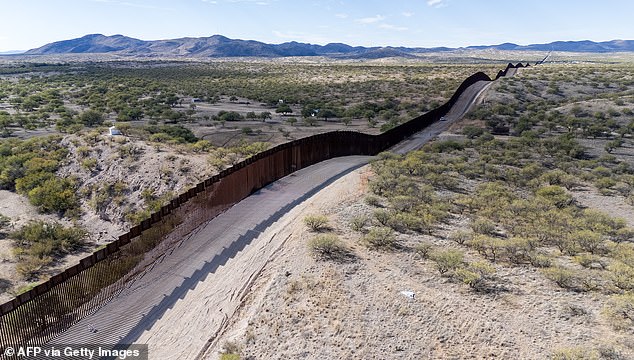
As the businessman headed to the Sasabe Point of Entry, at least sixteen bullets hit his car, while two others hit him (photo: US-Mexico border wall in Sasabe, Arizona)
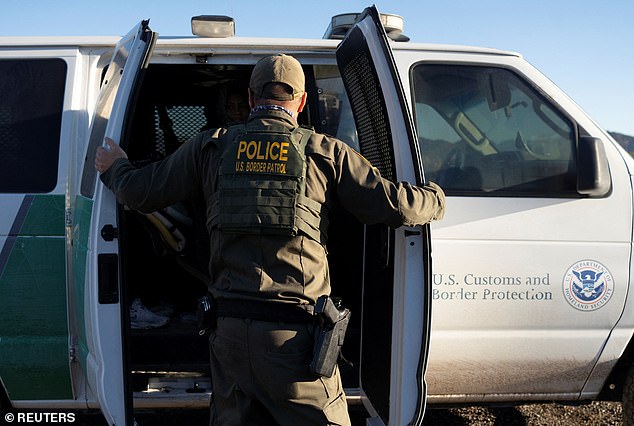
According to the Sonora Public Prosecutor's Office, this is the second violent incident involving a victim from the United States in the past month.
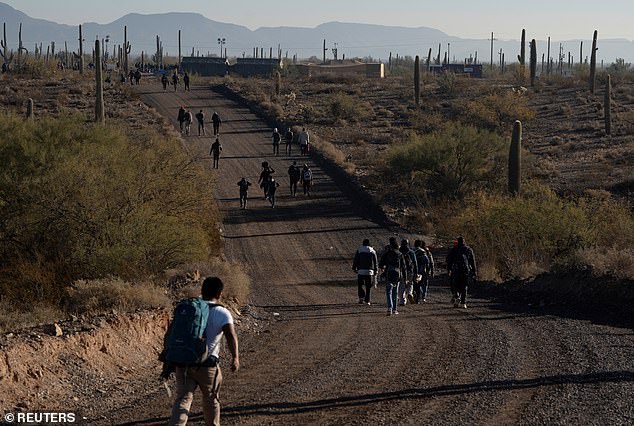
The violence has led to a mass exodus of asylum seekers, with a new survey finding that 88 percent of migrants in a Nogales shelter hoped to escape gang conflict
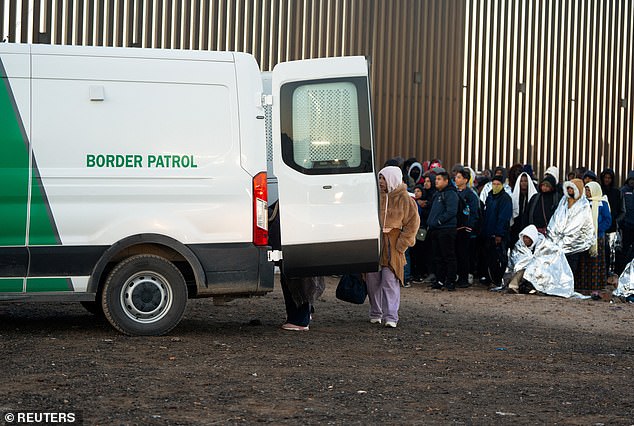
In 2017, 87 percent of respondents in a similar survey said they left Mexico because of economic concerns, not violence
According to the Sonora Attorney General's Office, the Christmas Eve shooting is the second violent incident involving a victim from the United States in the past month.
On December 16, a U.S. resident was killed and two others were injured in a shooting on Federal Highway 2.
The roadway serves as an alternate route to reach Puerto Peñasco, Sonora, also known as Rocky Point, from Nogales.
The U.S. Consulate General has advised U.S. citizens not to travel to Rocky Point until the Port of Lukeville reopens.
Mexico's bloody gang violence has also led to a mass exodus of asylum seekers.
A December 2023 survey found that 88 percent of people passing through a migrant shelter in Nogales wanted to escape the fighting between the Sinaloa Cartel and the Jalisco New Generation Cartel.
The data, collected by the Kino Border Initiative, shows a stark difference from 2017, when 87 percent of respondents said they were fleeing due to economic hardship.
